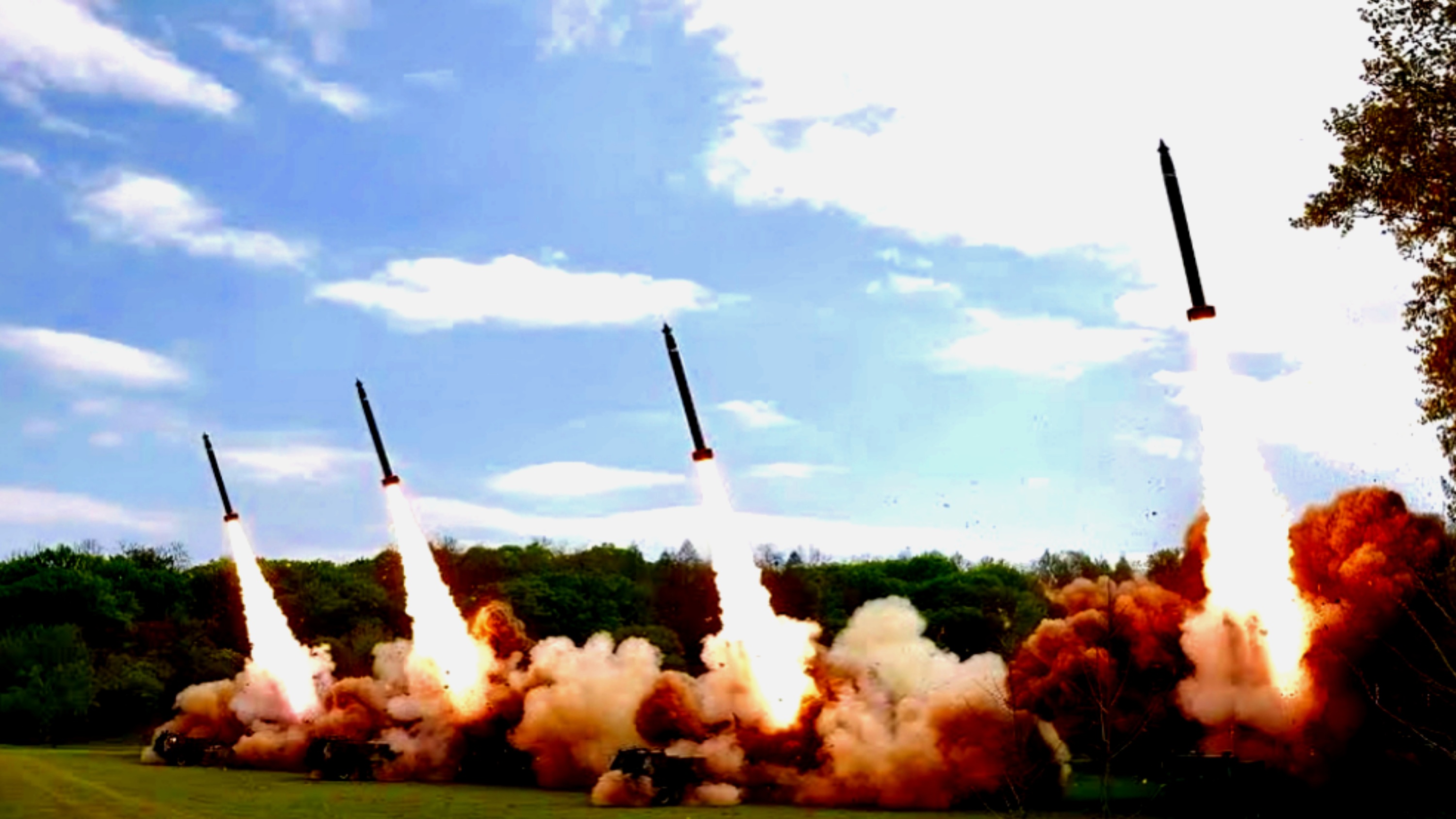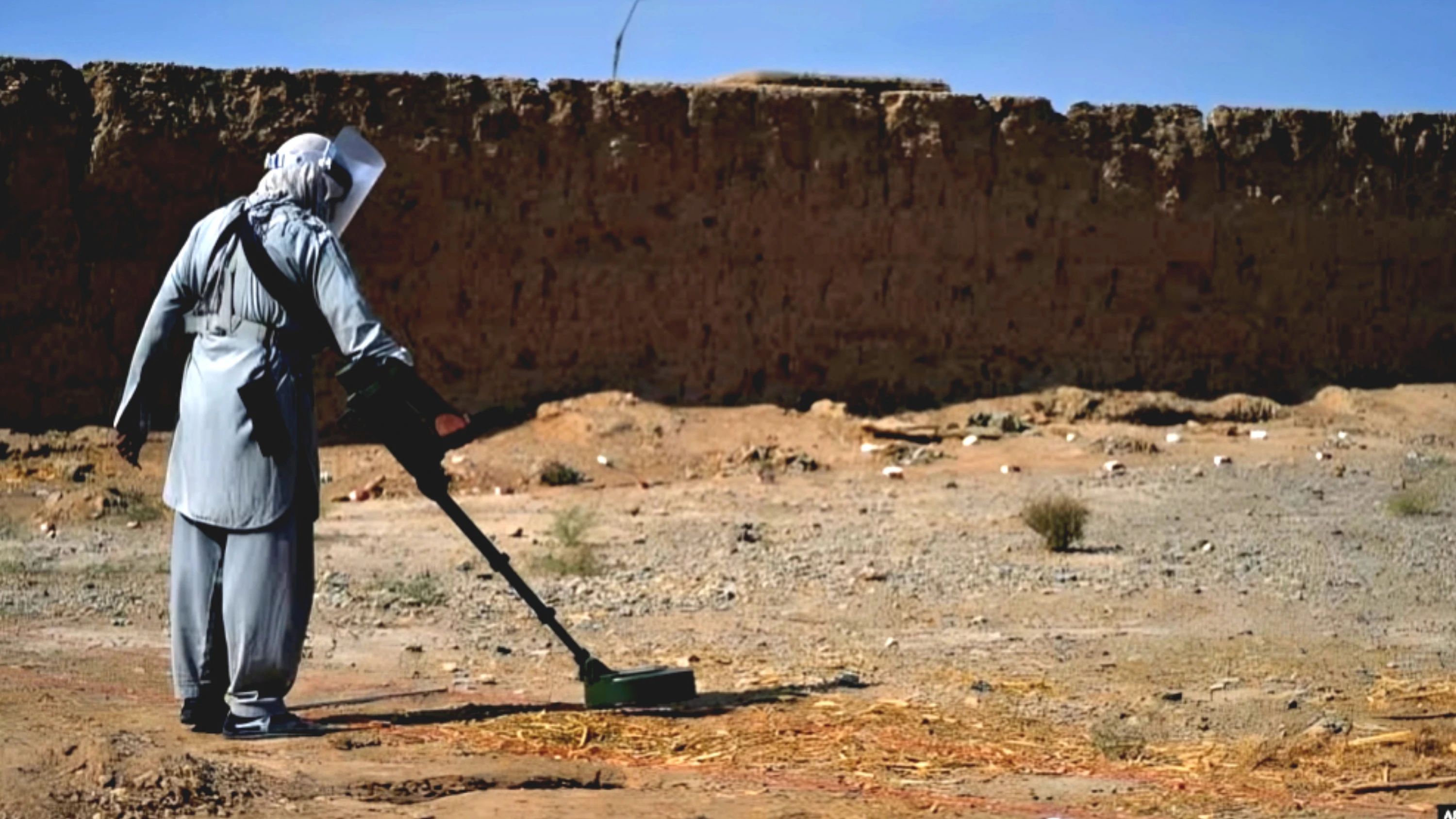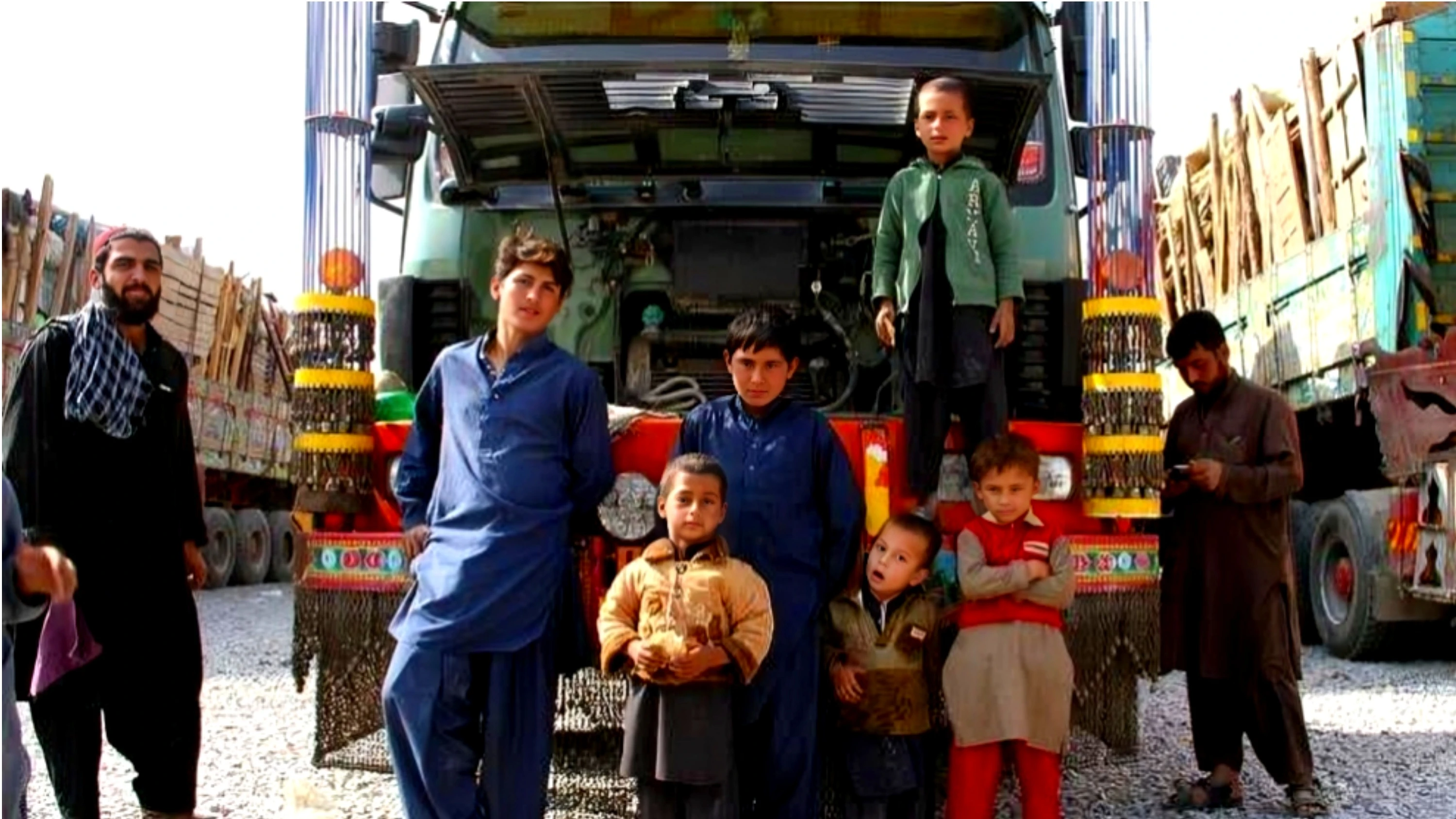Report: The number of deployable nuclear weapons worldwide continues to grow, with new research showing that China, North Korea, India, and Pakistan are expanding their arsenals. Meanwhile, the United Nations has warned that global efforts toward disarmament are weakening.
A report released alongside UN non-proliferation talks this week reveals that over 9,605 nuclear warheads are now “available for use” globally—an increase from 9,585 last year. According to the Nuclear Weapons Ban Monitor, 40% of these weapons are deployed and could be launched immediately from submarines, land-based missiles, or bomber bases.
While the overall number of nuclear warheads worldwide has decreased due to the retirement of aging payloads by countries like the United States and Russia, the number of active and deployable weapons has steadily risen.
Statistics compiled by Norwegian People's Aid and the Federation of American Scientists indicate that China now has 600 operational warheads, while India and Pakistan possess 180 and 170, respectively. North Korea is estimated to have around 50 nuclear weapons ready for use.
Despite a decline in its overall stockpile, the United States still maintains 3,700 nuclear warheads available for deployment, while Russia possesses 4,299 active warheads. Experts warn that unless new arms control agreements are reached, nuclear stockpiles are likely to continue growing as nations modernize and expand their arsenals.
Hans M. Kristensen from the Federation of American Scientists expressed concern over the trend, stating, "This upward trajectory is expected to continue unless a breakthrough in arms control and disarmament efforts is achieved."
Despite concerns over the rising number of active nuclear weapons, disarmament advocates remain hopeful due to increasing global support for the Treaty on the Prohibition of Nuclear Weapons (TPNW).
Raymond Johansen, Secretary General of Norwegian People's Aid, emphasized the importance of the treaty amid rising geopolitical tensions. "At a time when peace is fragile and nuclear threats are escalating, the TPNW offers hope," he said, highlighting the growing number of countries joining the treaty.
At the opening of the Third Meeting of States Parties to the TPNW in New York, UN High Representative for Disarmament Affairs, Izumi Nakamitsu, warned that key disarmament agreements are being undermined. She also cautioned against the belief that nuclear weapons guarantee security, calling it a "false narrative."
While Australia has not yet signed the TPNW, an official representative is attending this week's discussions as an observer. Although Prime Minister Anthony Albanese previously expressed support for the treaty before the 2022 election, Australia has yet to formally commit.
A Department of Foreign Affairs and Trade (DFAT) spokesperson stated that the government shares the TPNW’s vision of a nuclear-free world and continues to engage in discussions regarding its progress. However, they emphasized that Australia remains committed to the Treaty on the Non-Proliferation of Nuclear Weapons (NPT) as the primary means to advance global nuclear disarmament.
"We continue to strengthen the global non-proliferation and disarmament regime through practical measures aimed at preventing the spread of nuclear weapons, reducing the risk of their use, and building pathways toward their elimination," the DFAT spokesperson added.








